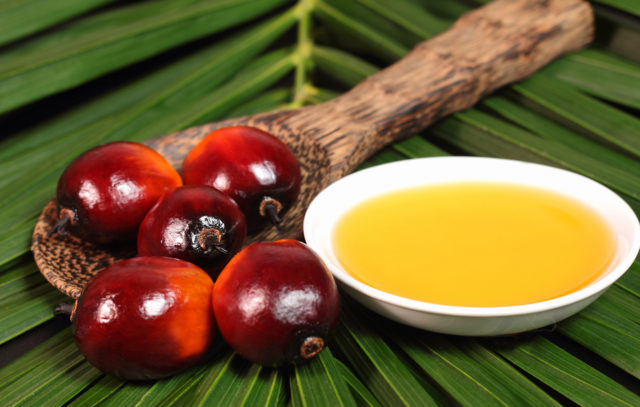You may have seen the Iceland Christmas advert plastered all over Facebook after it was banned from television. Judged too political, it featured an orangutan urging us to stop using palm oil in order to save his home. But is palm oil truly killing off orangutans? Should we reject it out of hand? Does it belong on the negative press naughty step along with plastic and red meat? It’s a complicated issue.
Palm oil is essentially a fruit from certain types of palm trees. Its production is mainly limited to Asia, where the combined size of plantations amounts to roughly the total land area of New Zealand. However, the number of plantations is set to increase by 2030, with plans to expand to countries within Africa. Currently Indonesia and Malaysia are the largest producers, but these nations are also home to all three species of orangutans, the populations of which are already critically endangered. Despite the implications on their habitat, palm oil is a common ingredient in many packaged foods: from bread to biscuits to the student-loved pot noodles. Not purely limited to food, it is also found in household cleaning products and make-up, giving it high economic value.
While palm oil is often chastised in the media, is it so objectively bad? In short, no. Palm oil is one of the most efficient oils we yield. Palm oil is more productive per unit of land than any other oil including rapeseed, coconut, and soybean oil. This means if the consumption of oil was to switch to an alternative, more land would actually be deforested. The palm oil tree also requires less pesticides and fertilisers to grow, making the whole process less chemically heavy. Therefore, an argument could be made it’s actually be better for the environment – less chemicals enter natural habitats. The reduction in run off would help prevent processes such as eutrophication, as well as protecting animals dramatically affected by high pesticide usage, such as bees.
But if palm oil has all these benefits why does it get such bad press? This is due to the conversion of land within Malaysia and other countries producing the oil. It’s primarily natural rainforest being converted into palm oil plantations, and the demand for the oil is thought to be responsible for at least 8% of the world’s total deforestation. Due to the location of plantations, endangered wildlife including orangutans, rhinos, elephants, and tigers are affected. All high up on the list of species we are meant to be saving. But if plantations were converted to harvesting coconut oil for example, these effects would increase. It is therefore not palm oil that is the problem but the demand for it and the way in which we harvest it. One approach to reduce the impact is buying sustainably sourced palm oil bearing the Roundtable of Sustainable Palm Oil (RSPO) logo. The RSPO requires members to produce their palm oil in a sustainable way, ensuring reduced deforestation and the inclusion of natural rainforest within their plot. Whilst the scheme is not ideal as land has still been cleared for palm oil production, it does limit the damage. Additionally, if demand for sustainable palm oil increases, the scheme itself will have enough backing to tighten its guidelines. While it is nearly impossible to avoid palm oil completely, those looking to reduce their environmental impact should look out for products with the RSPO label.
By Laura Krusin
image source (featured): http://gbindustries.net
image source (infographics): https://www.palmoilandfood.eu

